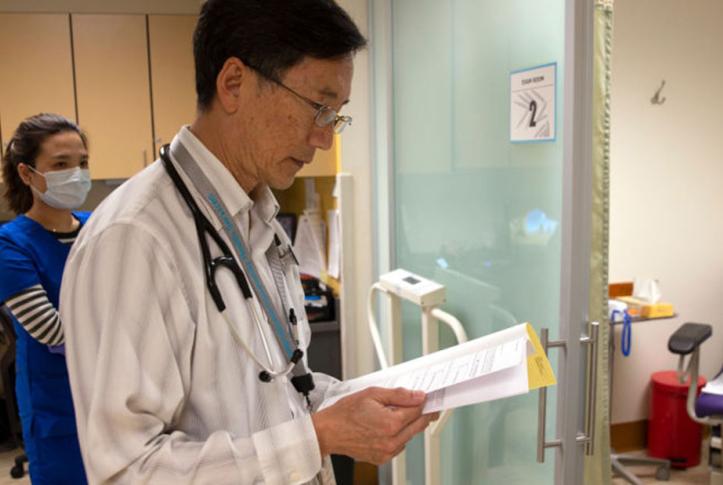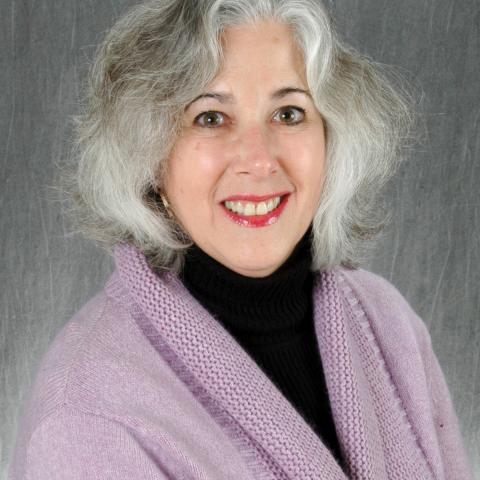Medicaid has emerged, as it has in past public health emergencies, as a rapid and efficient means of getting desperately needed funding to states working to stabilize health care systems threatened by the magnitude and ferocity of the COVID-19 crisis. In addition to addressing the testing needs of the privately insured, the Families First Coronavirus Response Act mandates testing coverage for Medicaid beneficiaries. In an unprecedented move, the Act amends Medicaid to create a state option — without the need for special federal waivers — to cover uninsured residents (for COVID-19 testing and related visits only) and defines the uninsured to include people with short-term, limited-duration plans.
The need for coverage goes well beyond testing. In terms of access, the gravest concerns are an overstretched hospital system and, paradoxically, a massive patient falloff for many other health care providers because patients are afraid to come for care. In some instances, these providers’ very ability to remain open is threatened because of the large, temporary drop-off in non-COVID-19 care.
The Families First Act recognizes Medicaid’s long reach into the poorest communities by increasing federal payments to states for the cost of medical care by 6.2 percentage points and by giving states a new option to cover the uninsured for testing and related visits. Furthermore, additional legislation in the wake of the Act would provide direct funding to hospitals and community health centers to help stabilize operations. But these direct payments to providers may be relatively modest compared to the funds that become available when providers are able to bill for insured visits. For this reason, health policy experts, along with two of the nation’s largest insurance associations, America’s Health Insurance Plans and the Blue Cross Blue Shield Association, have recommended expanding the new Medicaid eligibility option to cover treatment of COVID-19–related illness.
Medicaid can be put to work in other ways. Federal law gives the Secretary of Health and Human Services unique powers to allow states to modify Medicaid to better ensure access to health care. Section 1135 of the Social Security Act can be triggered once the president declares a disaster or emergency under the Stafford or National Emergencies Act and the HHS Secretary declares a public health emergency. Section 1135 can be exercised in combination with Section 1115, which allows the Secretary to approve state demonstrations likely to assist in promoting program objectives. Together, these waivers let states reconfigure Medicaid to expand eligibility, stabilize enrollment to reduce the likelihood of interrupted coverage, streamline enrollment and renewal processes, improve coverage, remove barriers to provider participation, and promote flexible care arrangements such as telehealth and offsite care. In combination the two waiver laws enable the Secretary to temporarily set aside federal restrictions and regulations to address emergencies. No other insurer — public or private — offers such flexibility.
States are beginning to submit 1135 waiver requests. To date, 23 have been approved. Washington State, which has been particularly hard hit, filed a waiver on March 13. On March 19, the Centers for Medicare and Medicaid Services (CMS) partially approved the request and indicated that it would continue to work with the state on its remaining requests. Washington’s waiver request spans multiple aspects of Medicaid program administration, including:
- creating alternative care access points, such as homeless shelters, and temporary care settings
- strengthening access to hospital care by adding beds
- streamlining normal provider hiring practices, and relaxing normal survey and certification activities
- temporarily increasing provider payments for certain services, such as behavioral health, to keep providers stably operating
- using telehealth to treat patients in their homes; especially serious, the state notes, for patients with mental health needs
- using more liberal eligibility rules, self-attestation (an oral affirmation that information provided is true and accurate), and elimination of face-to-face requirements whenever possible
- modifying the eligibility redetermination process to ensure uninterrupted coverage
- ensuring that patients’ coverage can travel with them if they receive care out of state, and
- waiving cost-sharing and providing additional care and services for certain affected populations.
In addition, Washington is one a few states with a special Accountable Communities for Health Medicaid demonstration, which aims to broaden Medicaid’s role, among other programs, in improving community health. Because of the importance of communitywide efforts during the COVID-19 crisis, the state seeks a waiver of normal budget neutrality rules that limit the amount of federal funding states are permitted to receive for 1115 demonstrations. With this supplemental funding, the state could send additional funding to local community grantees to develop regionwide and communitywide COVID-19 response plans to help “mitigate provider burden, community distress, and misalignment across community response efforts.”
Washington’s 1135 proposal, along with others that are expected to come from states across the country, exemplifies both Medicaid’s singular role in the health care system as well as extraordinary state leadership during a unique period of crisis. Indeed, states’ 1135 waiver proposals — as technical as they may be — illuminate Medicaid’s ability to transcend the normal bounds of insurance and function as a core public health asset.

